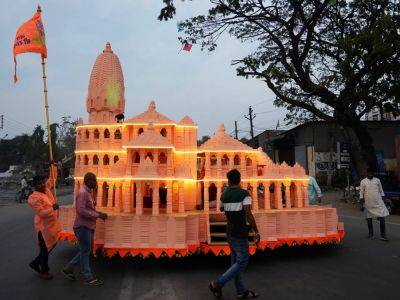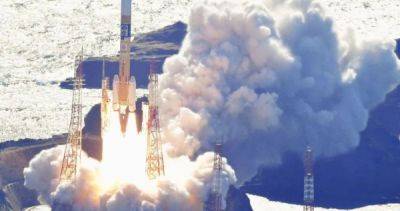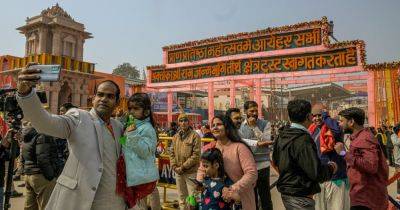Why is India so worried about Sikh separatist calls for Khalistan?
CNN —
In the early hours of June 23, 1985, a bomb planted in the cargo hold of Air India flight 182 traveling from Montreal to New Delhi exploded off the coast of Ireland, killing all 329 people on board.
The people arrested and charged for the bomb attack were Indian-born Sikh Canadians, alleged by prosecutors to be radical separatists seeking revenge for the Indian army’s deadly storming of the Golden Temple in Punjab state the previous year. Only one was convicted; two were acquitted in 2005, and in 2016, Canada released the only person ever found guilty of the bombing.
Nearly four decades on, that terrorist attack – which remains the worst in Canada’s history – and the wider history of overseas Sikh separatism has suddenly been thrust back into the international spotlight in the wake of Canadian Prime Minister Justin Trudeau’s allegations theIndian state may have been involved in the June killing on Canadian soil of Hardeep Singh Nijjar.
New Delhi had previously designated Nijjar, an Indian-born Canadian national, as a terrorist, and accused him of being behind a banned militant group that sought to “radicalize the Sikh community across the world” in supportof Khalistan– a separate Sikh homeland that would include parts of India.
Nijjar’s supporters rejected the terrorist label, arguing it was used to discredit the Sikh leader, who was known for his Khalistan advocacy and speaking out against alleged human rights abuses by India’s government.
Trudeau’s assassinationclaim has inflamed relations with New Delhi, which has fiercely denied the allegation and taken a series of diplomatic measures to make clear its displeasure with Canada.
Relations between the two countries – both key US allies – have nosedived and







